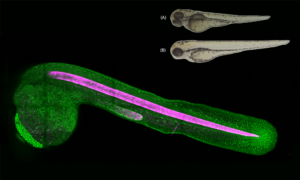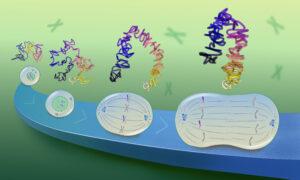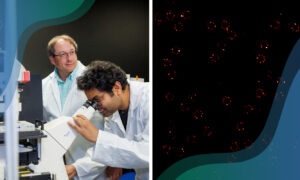Better imaging from bench to bedside
Pan-European project for open access to coordinated imaging infrastructures
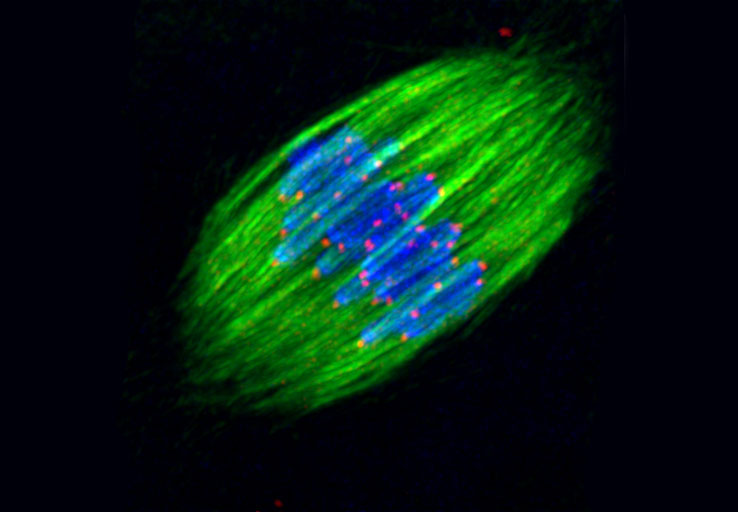
From microscopy to computer tomography (CT) scans, imaging plays an important role in biological and biomedical research, but obtaining high-quality images often requires advanced technology and expertise, and can be costly. Euro-BioImaging, a project which launches its preparatory phase today, aims to provide scientists throughout Europe with open access to state-of-the-art imaging technologies at all levels of biological and biomedical research, from bench to bedside. The project is listed on the roadmap of the European Strategy Forum on Research Infrastructures (ESFRI). Its preparatory phase will be funded under the 7th Framework Programme of the European Union.
During the 3-year preparatory phase that starts today, Euro-BioImaging will develop a plan to construct and operate a set of complementary and strongly interlinked imaging infrastructure facilities. This plan will be based on a comprehensive assessment of researchers’ needs in terms of access, service, and training. Euro-BioImaging will also establish the legal, governmental and financial framework for such infrastructures, and seek agreements with funding bodies. Eligibility criteria for participating facilities will be defined, an independent evaluation panel will be established, and a call for applications will be announced.
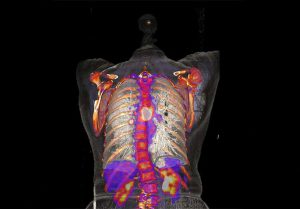
Image credits: University Medical Centre Mannheim, Medical Faculty Mannheim.
“Euro-BioImaging will support research, training and innovation in biological and biomedical imaging on a pan-European level, by providing imaging services with an overarching strategic plan,” says Jan Ellenberg from the European Molecular Biology Laboratory (EMBL), scientific coordinator for biological imaging.
Euro-BioImaging aims to bring together key research areas, from basic biological imaging and molecular imaging to the clinical and epidemiological level of medical imaging. The project intends to address the current fragmentation of imaging infrastructure in Europe, by creating a coordinated and harmonised plan for its deployment throughout the continent. It will provide scientists in Europe with open access to state-of-the-art imaging technologies and training, continuously developing imaging technologies to offer cutting-edge services to the scientific community.
“Given the broad range of imaging technologies coordinated through Euro-BioImaging, the research infrastructure will facilitate the translation from basic results to medical applications,” says Stefan Schönberg from the University Medical Centre Mannheim, Medical Faculty Mannheim, scientific coordinator for biomedical imaging on behalf of the European Institute for Biomedical Imaging Research (EIBIR).
As one of the project’s aims is to keep Europe at the forefront of technological innovation in this area, commercial opportunities are expected to arise. To make the most of them when they do, Euro-BioImaging has already started to form an industry board in which all leading vendors and producers of biomedical imaging equipment in Europe are represented.
For more information please visit: www.eurobioimaging.eu.
